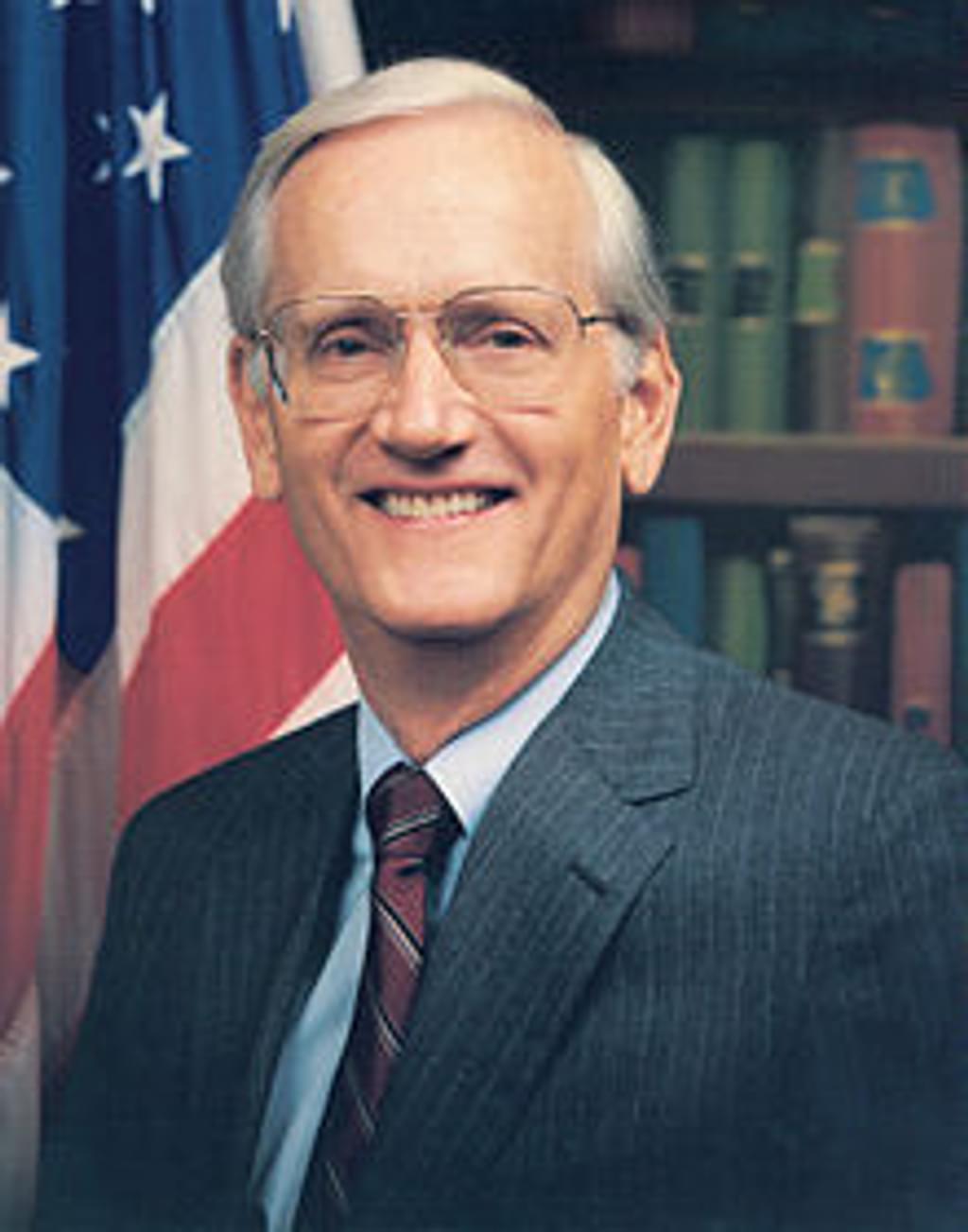
William Sessions, former head of the Federal Bureau of Investigation, recently pointed to cases of defendants who were executed based in part on faulty hair and fiber analysis in calling for changes in the use of forensic evidence. In an op-ed in the Washington Times, Sessions told the story of Benjamin Boyle, who was executed in Texas in 1997. His conviction was based on testing conducted by an FBI crime lab that an official review later determined to be unreliable and “scientifically unsupportable.” Neither state officials nor Boyle’s attorneys were notified of the task force’s findings before his execution. In two other cases, inmates were also executed despite findings that their cases were tainted by unreliable forensic testimony from the FBI. Sessions said, “I have no idea whether Boyle was innocent, but clearly, he was executed despite great doubts about his conviction. Such uncertainty is unacceptable, especially in a justice system that still allows the death penalty.”
Sessions offered recommendations for improvement at each step in the legal process: “Courts must determine if other kinds of forensic evidence are trustworthy and thus admissible. Defense counsel must rigorously review and challenge any prosecution misuse, mischaracterization, or withholding of forensic evidence. After conviction, if new forensic evidence or tests become available, prosecutors and courts should not rely on procedural technicalities to prevent defendants from obtaining review.”
(W. Sessions, “Justice Delayed is Justice Denied,” Washington Times (op-ed), September 17, 2014). See New Voices and Innocence.



